Webflow vs WordPress Which is Better for Website Design?

I started my career in the IT industry in 1996 and since then I have worked as a web developer and architect for many reputed organizations, including Microsoft, Home Depot (USA), Omnicell Inc. (USA), and Omron Corporation (Japan). Modern JavaScript frameworks and fundamental technologies like C-Language are just a few of the things I’ve worked on. Furthermore, I’ve had the opportunity to manage teams of web developers for major projects at renowned global companies such as Home Depot and Walmart.
I started my career as a C++ developer but switched to web development in the early years of my career. During those years, I had to use plain text editors to type HTML and create web pages. I started my first blog in 1998 using a platform called “Tripod” and I created each blog post using plain HTML files.
After a few years, blogging platforms like WordPress and Blogspot were introduced. Blogging became very easy with those platforms. WordPress was powered with hundreds of plugins which could be used for adding custom functionalities to WordPress.
During my more than 2 decades-long career as a web developer, I used WordPress to develop blogs and websites for several clients. However, I got stuck with many limitations of WordPress on various occasions and started exploring better platforms. One such platform I started using is called “Webflow”, which is an evolving web development platform. Webflow comes with a powerful web page builder which allows a non-technical person to build websites quickly without any programming knowledge.
Today, I’d like to explore a commonly asked question: When it comes to designing websites, which is the better choice - WordPress or Webflow? Having used both platforms professionally for years, this comparison will assist you in making a decision.
Although Webflow and WordPress are both extremely popular website design platforms, their user bases are distinct. Whether you’re a developer, designer, or business owner, the functionality, scalability, and user-friendliness of your website depend on the platform you choose. We’ll break down the key features of both platforms in this post, so you can decide which is best for your project.
Overview of Webflow & WordPress
Webflow is an all-in-one website builder that runs on the cloud and blends a visually appealing design interface with the flexibility of code. Without knowing a lot of code, users can create highly customizable, polished websites.
On the other hand, over 40% of the internet is powered by the open-source content management system (CMS) called WordPress. Its adaptability is widely recognized, with a vast array of themes and plugins to enhance functionality, although technical know-how may be required at times.
Webflow: Features, Pros, and Cons
671a214703567.png)
Features
- Visual editor with drag-and-drop capabilities
- Built-in hosting and security
- Complete design freedom, with CSS grid and Flexbox integration
- Responsive design options out of the box
- No coding is required (but coding is available for advanced customization)
Pros
- Seamless user interface for designers with no coding experience
- Integrated CMS, hosting, and SSL security in one package
- Great for agencies or freelancers working on multiple client projects
- Highly customizable with granular control over design elements
Cons
- Limited number of templates compared to WordPress
- Expensive as you scale to more projects or users
- Not ideal for blogging-heavy sites or large-scale e-commerce solutions
WordPress: Features, Pros, and Cons
671a21e6302cb.png)
Features
- Thousands of themes and plugins are available
- Open-source platform, allowing full customization
- Strong blogging capabilities
- Supports complex sites with multiple contributors
- Easily integrates with other tools and platforms
Pros
- Free to use (though hosting and premium features cost extra)
- Ideal for SEO and blogging, with advanced customization options
- Huge community and third-party support
- Massive plugin library offering enhanced functionality
Cons
- Steep learning curve for beginners
- Regular updates are needed for plugins and core software
- Potential security vulnerabilities due to open-source nature
- Requires external hosting and domain setup
Key Comparison Metrics: WordPress vs Webflow
Ease of Use
Beginners will find Webflow significantly easier. Users can create websites using its visual interface without ever touching code. Once you're on board, the drag-and-drop feature makes design simple. The setup process is guided. When I started using Webflow a few years ago, I was able to launch a personal website within 1 day.
Despite its flexibility, WordPress can be intimidating to non-developers. Your domain, installation, and hosting will all need to be handled by you. Though it's far less seamless than Webflow, many users rely on plugins to make the design process easier. Since I have been working with WordPress for more than a decade, I don’t find any challenges in setting up a WordPress website but that may not be the case with those who are just starting.
Overall, Webflow is a lot easier for beginners and non-programmers.
Customization & Design Flexibility
Webflow, with its integrated CSS grid and Flexbox, gives designers unparalleled creative freedom Without writing any code, you can create pixel-perfect designs, and the platform supports this method. There are, however, fewer pre-made templates available.
With more than 11,000 free themes available, WordPress offers a wide range of design possibilities which is ideal for businesses in Dubai seeking varied options. More extensive customization may require coding or help from a developer. I personally do not recommend using free templates since you may not get any support from the developers. Also, premium templates usually come with a better UI/UX.
SEO Features
The integrated SEO tools in Webflow make it simple to optimize your website for search engines. Editing URL structures, alt texts, and meta tags is simple, and the platform automatically produces SEO-friendly code.
Plugins make WordPress’s SEO framework more advanced and sophisticated. However, WordPress site optimization can be more complex and time-consuming when compared to Webflow’s automated approach.
In terms of SEO, WordPress performs better than Webflow. Using plugins, you can build additional SEO features into the WordPress websites while Webflow gives all standard SEO options.
E-Commerce Features
Although they focus on different aspects, both platforms provide e-commerce functionality. The e-commerce capabilities of Webflow are easier for small and medium-sized businesses to use. While it requires less setup to create aesthetically attractive shopfronts, it is not as feature-rich as WordPress for complex e-commerce projects. When it comes to e-commerce, Webflow resembles more to Shopify than WordPress.
One of the most widely used platforms for e-commerce websites in Dubai is WordPress, especially with the WooCommerce plugin installed. Although very scalable, it can be difficult to set up and manage on your own without technical assistance. Webflow is slowly catching up and many companies in Dubai have already adopted Webflow for e-commerce.
Website Performance
Because of its cloud-based architecture and automatic optimization for code and images, Webflow provides exceptional performance. Better uptime and quicker load times are guaranteed by the integrated hosting. Some of our recently developed Webflow websites perform really well without any explicit speed optimisation.
The performance of WordPress can differ significantly based on your theme, plugins, and hosting company. WordPress can run quickly with the right optimization (caching, image compression, etc.), but it will take more manual labour. However, most WordPress websites seem to become slower over a period of time due to the addition of numerous plugins.
In general, Webflow websites perform better than WordPress websites.
Security Features
Since Webflow has automated backups and SSL certificates, users don’t have to worry so much about security. Because of its closed environment, hacking is less likely to occur. A major part of your website security is taken care of by Webflow itself.
Owing to its open-source nature, WordPress needs to pay greater security attention. To reduce risks, you must maintain your SSL, install security plugins, and keep everything up to date. One of the challenges we often face with WordPress is, repeated hacking attempts. We have had a lot of bad experiences with WordPress security.
In terms of security, Webflow websites are much more secure compared to WordPress websites.
Customer Support & Resources
671b7033493a7.jpg)
Webflow provides email and chat support for direct customer service. It also has a community and knowledge base with extensive documentation. I had to contact Webflow customer support a few times for some peculiar issues and they were quite fast. It was quite easy to reach out to them and get a quick resolution.
Although WordPress doesn’t provide direct customer support, there is a sizable user base, forums, and external resources available to assist with problem-solving. Additionally, WordPress has an AI assistant and a help section where users can quickly find answers to common questions and resolve general issues. This makes it easier for users to troubleshoot problems on their own without waiting for community responses. However, since WordPress websites usually involve several plugins, you will not know whom to contact when there is a problem.
671a419d59c35.png)
When it comes to customer support, Webflow is a clear winner since WordPress does not have a dedicated customer support option that can handle all of your website issues.
Community & Learning Resources
With a plethora of user groups, documentation, and tutorials, WordPress has the largest CMS community. For any issue or feature you wish to use, it is simple to locate resources and support.
Webflow has a thriving community and a vast tutorial and course library. However, it's not as feature-rich as WordPress. The Webflow community is still evolving. You may not have found an activity community for Webflow users in Dubai yet.
When it comes to learning material, documentation, tutorials, community support etc, WordPress is the winner.
Use Case Examples
When to Choose Webflow
- If you’re a designer or non-developer who wants creative control without coding.
- For freelancers and small enterprises who want to quickly launch a visually appealing website.
When to Choose WordPress:
- If you require an advanced feature-rich e-commerce site or a blogging platform.
- For companies that need a plugin integration, flexibility, and multiple contributors.
Pricing Analysis
Because Webflow combines hosting, security, and design tools into one, its pricing is simpler. Plans vary based on the size of your website, from entry-level to enterprise-level.
Although WordPress is free, you’ll need to pay for hosting, domains, premium plugins, and themes, which makes it more difficult to calculate your overall expenses.
Pros and Cons Summary
Webflow Pros:
- Easy to use for non-developers
- Built-in hosting and security
- Flexible design options without code
Webflow Cons:
- Limited blogging features
- Higher cost for scaling
WordPress Pros:
- Unmatched flexibility with plugins and themes
- Ideal for blogging and content-heavy sites
- Cost-effective for basic sites
WordPress Cons:
- Requires technical knowledge
- More prone to security risks
Conclusion
In the end, the best platform for website design for companies will depend on your specific needs. For designers and non-developers who want coding-free control over the look and feel of their website, Webflow is perfect. It’s a fantastic option for portfolios, small enterprises, and fast setups. But larger projects, blogs, and e-commerce sites that need customization, scalability, and a large selection of plugins are better suited for WordPress.
In the Webflow vs. WordPress debate, for beginners and those focused on design, I’d recommend Webflow. For more experienced developers or businesses needing complex features, WordPress is the better option. Choose wisely based on your project’s needs!
And if I missed any points or if you like to add anything to this article, feel free to contact me. I will be happy to amend this article to accommodate your suggestions.
Related Blog
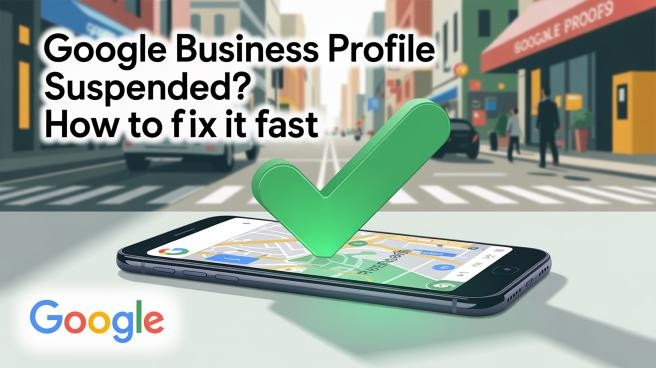
Google Business Profile Suspended? How to Fix It Fast

How to Recover a Disabled Facebook Account?

What to Do If Your Facebook Account Is Hacked and Your Email Is Changed

LinkedIn Shadow Ban: How to Avoid and Fix it

How to Recover a Hacked WordPress Website

How to start an IT company in Dubai

Best Ethical Hacking Companies in Dubai

20 Tips for Effective LinkedIn Marketing in Dubai

Top 10 Software Development Companies in Dubai


What is the Software Development required for Creating Payment Gateways?

How does Google treat AI Content in SEO?

How to create a proper content distribution strategy

How can Brand agencies bring success to B2B Business in the UAE?

Maximize Sales with e-commerce Advertising Strategies

Schema Markup for SEO: Boost Your SERP Visibility with Structured Data

FIVE STRATEGIES TO INCREASE YOUR BRAND LOYALTY

What are the Branding Strategies for a Small Business in the UAE?

How can digital marketing be useful for small businesses?

What are the Things to Consider for Hiring Creative Agencies?

What are the different ways to protect the website from unethical hacking?

What are the mistakes to avoid while customizing a WordPress website?

Why is Website Maintenance important for your Business?

Trends of Future Creative Agencies in UAE

How can AI transform digital marketing in the UAE?



How can a powerful Landing Page Design lead to higher conversion?

Checklist to build a winning e-commerce website


WHAT ARE THE SUCCESSFUL ELEMENTS REQUIRED FOR BRANDING A WEBSITE IN UAE?
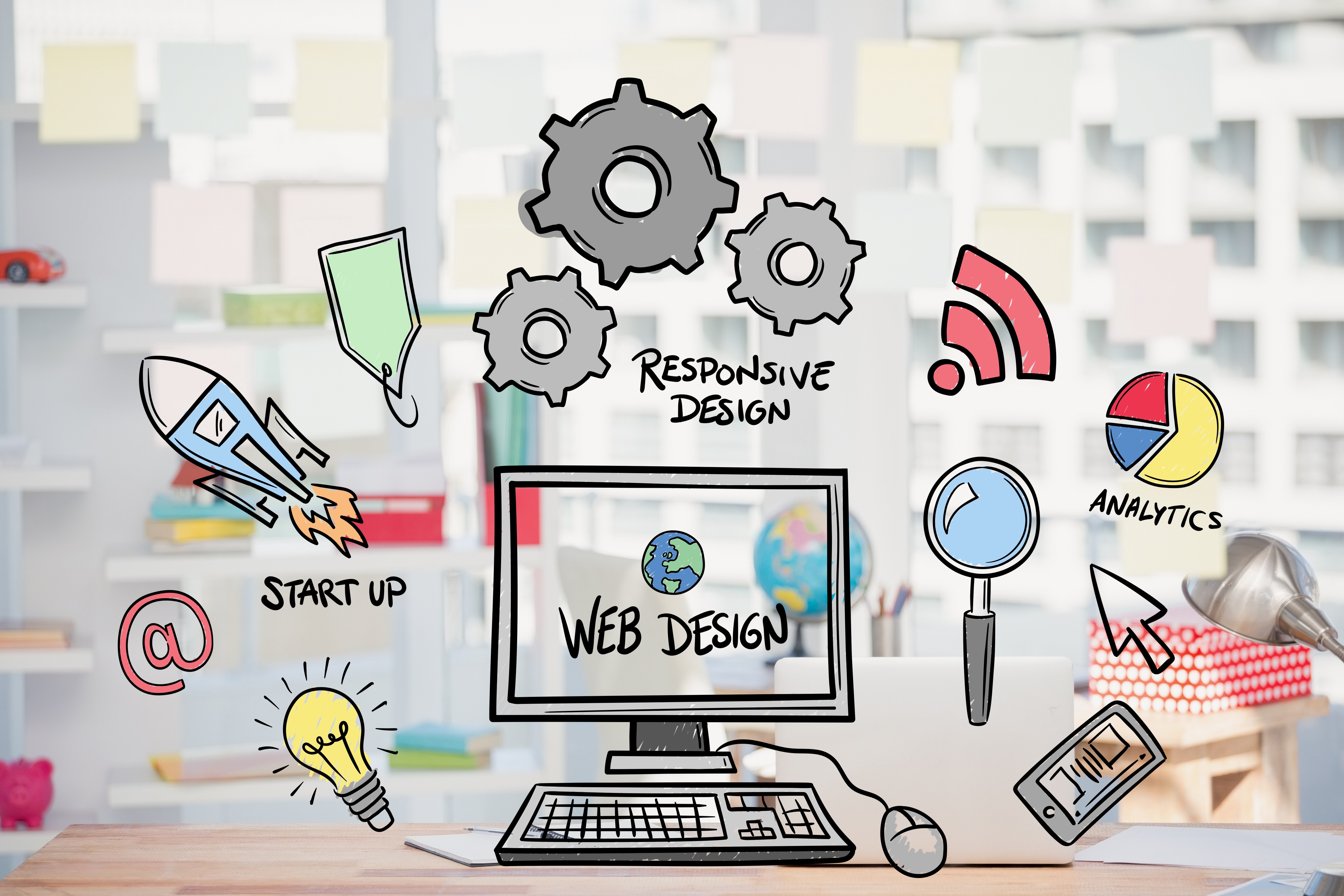
What are the best web designing tools that can renovate your site?

What are the web designing strategies that can improve the SEO ranking?

How social media impacts the promotion of the business in the Future?

What is the SEO checklist involved in content writing?

Top Ten Mobile App Development Companies in UAE

How do we choose the best brand name for the business in UAE?

What are the top e-commerce Software Solutions required for the IT industry?
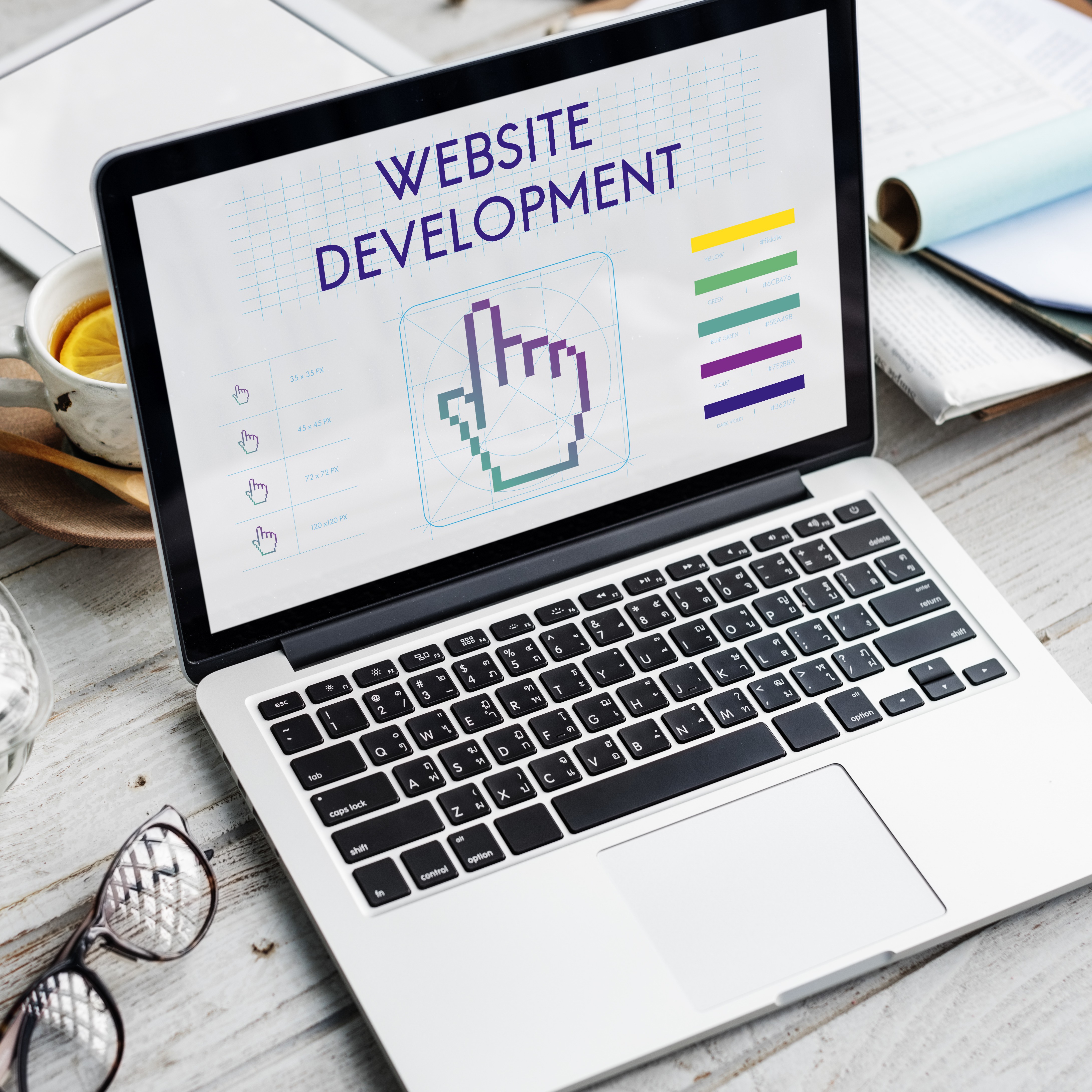
Why is user experience crucial in website development?

How to Choose the Right Ecommerce Platform for Your Business

How to Optimize Your LinkedIn Profile for Maximum Exposure?

How Can Branding Agencies in The UAE Promote Businesses?
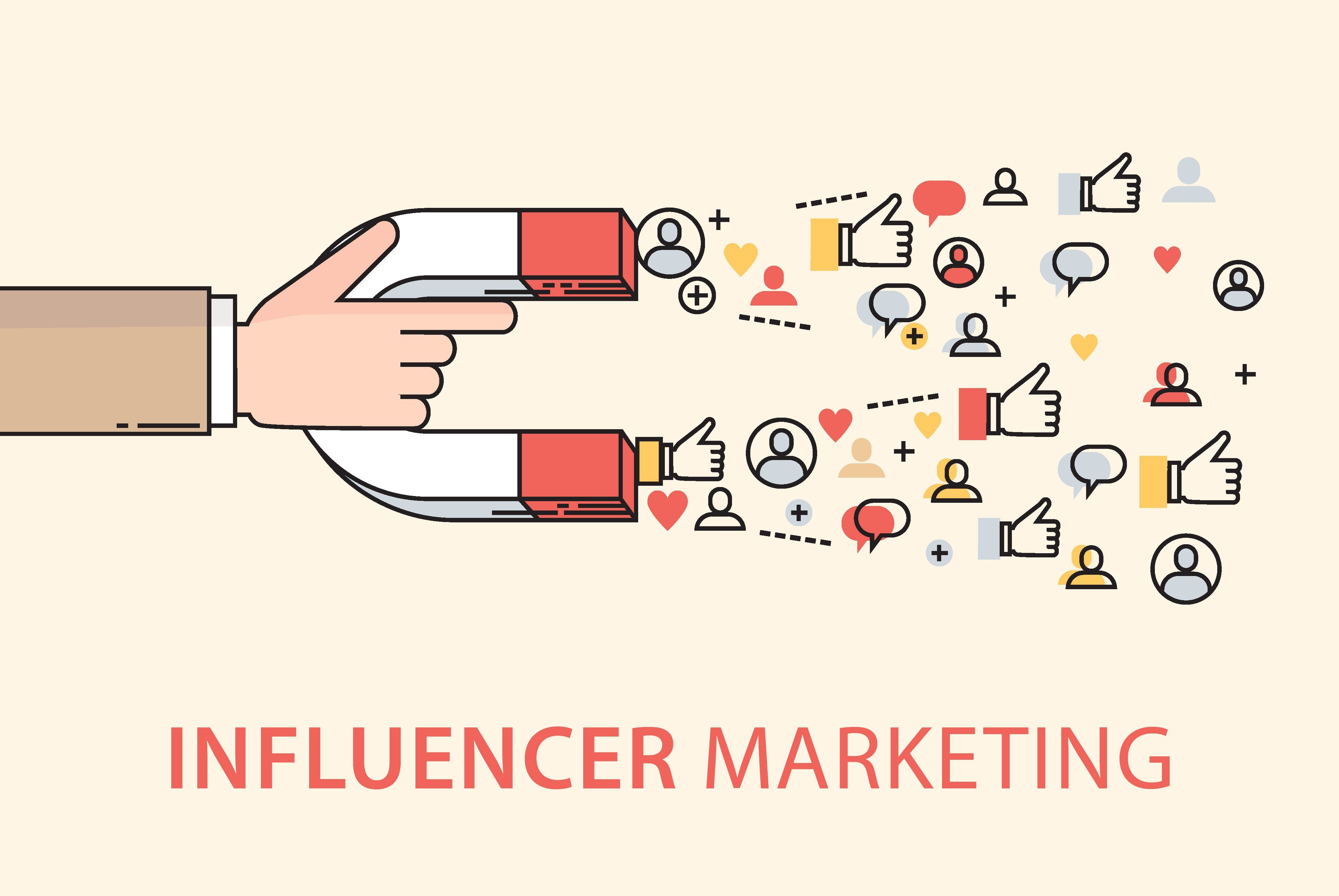
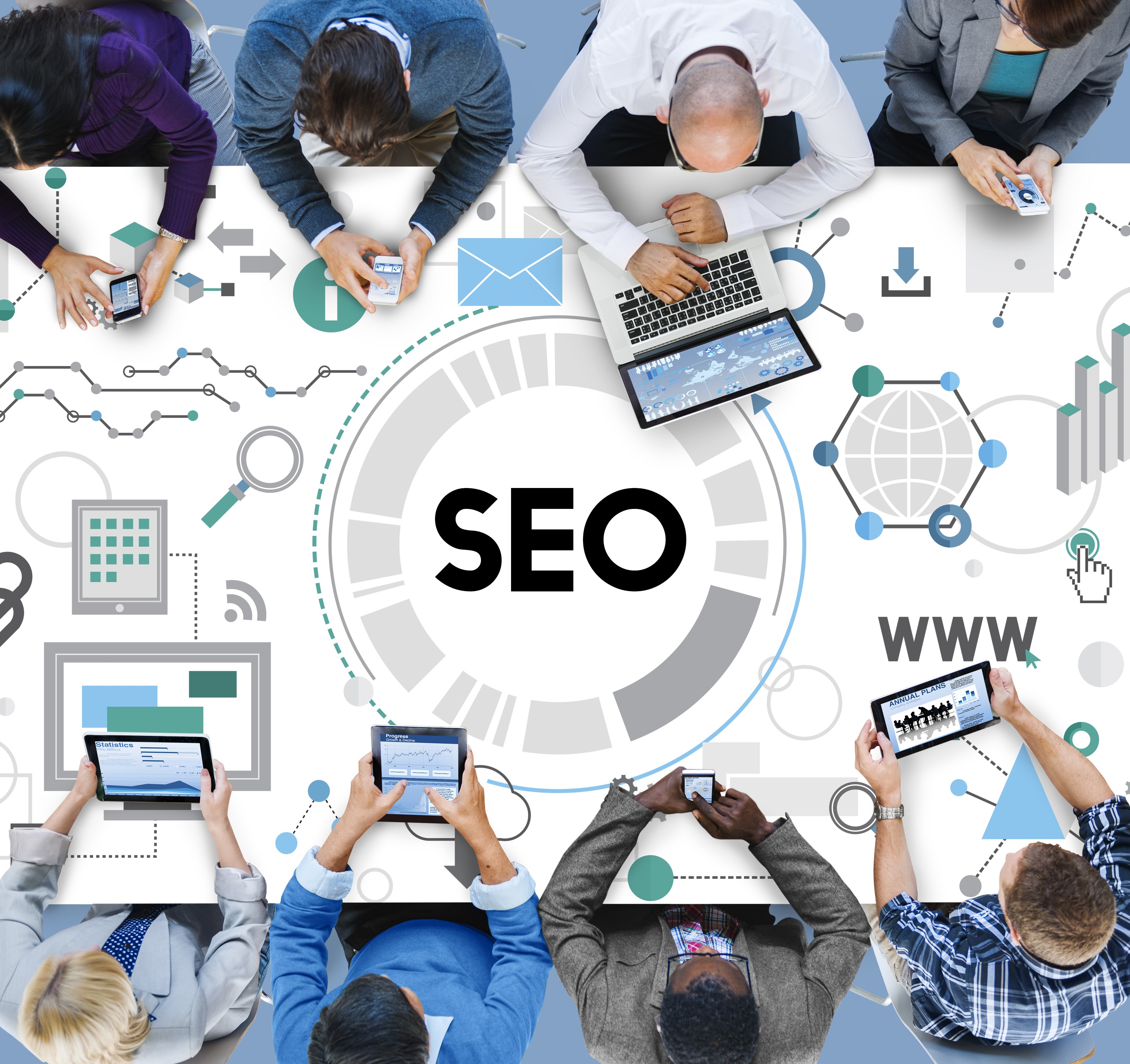
Top 10 SEO Agencies in Dubai

TOP TEN MARKETING CONSULTANTS IN DUBAI

The Top 10 Must Have WordPress Plugins for Your Website

The Future of Facebook Marketing: Trends and Predictions

What are the successful CRM strategies?

Reasons why you should hire a professional branding agency

How Web Development Helps Your Business

How to Grow your digital agency in 2023?

Why Cyber Security is Important for Your Business

Key Factors for Choosing the Right System Integrators
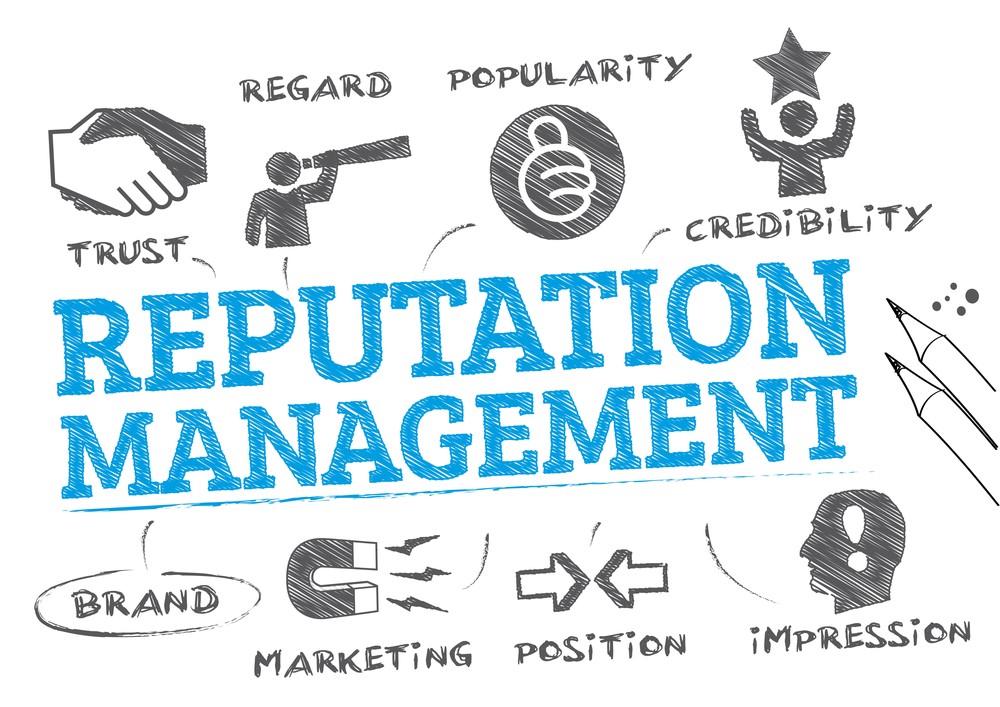
How to Choose the Right Reputation Management Company

How Ethical Hacking is Different from Normal Hacking?

Things to Consider While Choosing a Software Development Company

Top 7 Reasons to Hire a Content Marketing Agency in Dubai

10 Factors to Consider While Selecting Web Designing Companies in Dubai

Importance and Benefits of SEO for Your Business

TIPS FOR CHOOSING A SOFTWARE TESTING COMPANY

Questions You Should Ask Before Choosing A Social Media Agency In UAE
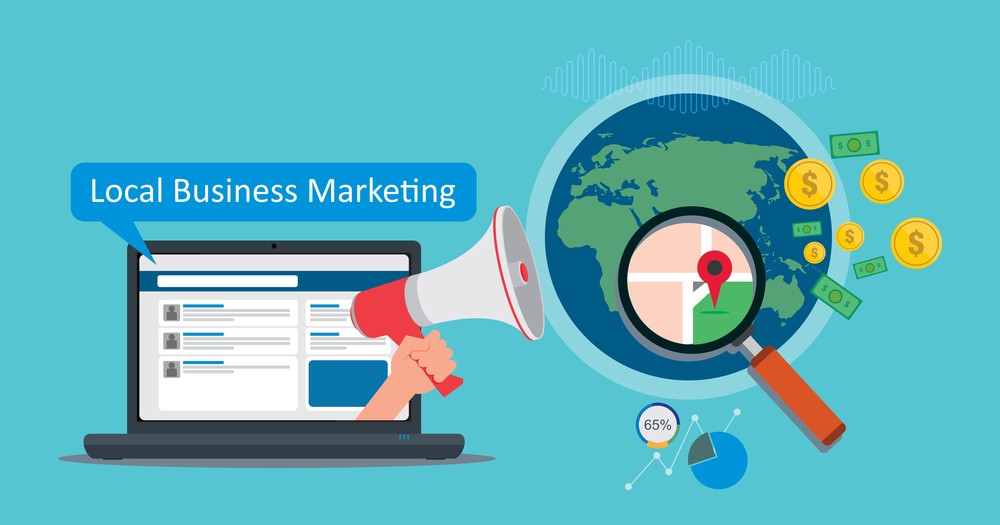
How to Market your Local Business in Dubai?

How to choose a good digital marketing agency for your business in Dubai



